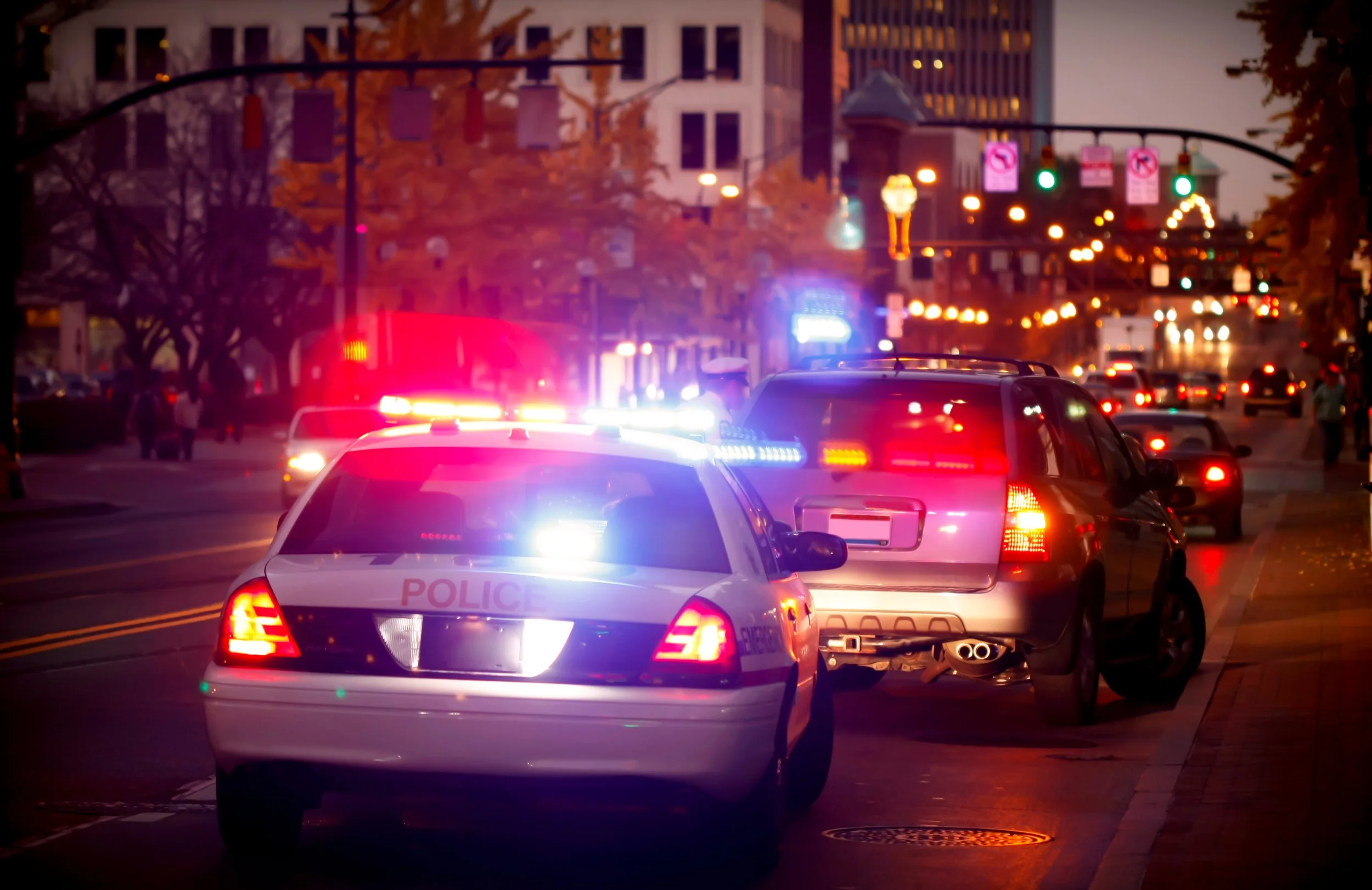The horrific police killing of Tyre Nichols in Memphis reiterates what impacted communities have known and been crying out for generations: policing in America is broken, and it is costing human lives while destroying families and communities. This is a devastating, systemic problem that has hit Black people and other communities of color more harshly.
There is simply no justification for the kind of policing that takes the lives of young men like Mr. Nichols in the name of public safety. Violence does not protect anyone or make anyone safer. It is abhorrent, it is tragic, and it defies basic notions of trust and public service. This cannot be what public safety means in this country.
Although the individual officers must be held accountable, we hope this does not become a “bad apples” story that fails to address systemic changes that should have been taken to prevent this tragedy. Police violence is not an isolated problem; law enforcement officers killed at least 1,176 people last year. The Black community is especially impacted by violence perpetrated by police officers. According to Mapping Police Violence, Black people make up 13% of the U.S. population but, in 2021, were 27% of those fatally shot by police.
There are fundamental questions that need to be answered, not just regarding the Memphis Police Department, but every law enforcement agency in the country:
Are you over-relying on armed police officers to address traffic safety, or engaging in pretextual stops?
Does the state have a statewide use of force statute—not just a department policy, but a state law—that requires de-escalation, imposes a duty to intervene to stop excessive force, and has enforcement mechanisms with real consequences?
Are officer disciplinary and complaint records available both to policing leadership and to the public?
Is the public—either through its elected officials or an oversight commission—actively involved in setting department policy?
And at the core: Is there a departmental culture that breeds this sort of violence, or tolerates it?
It is long past time for these measures to be put in place, and for those who are standing in the way of truly protecting and serving the public to step aside.
The Policing Project at NYU School of Law partners with communities and police to promote public safety through transparency, equity, and democratic engagement. For more information on our work, visit www.PolicingProject.org.

